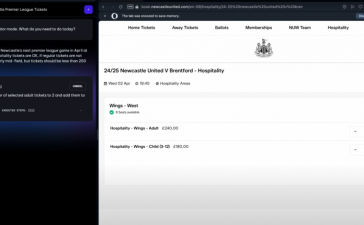Reliance on legacy technology is among the biggest barriers to cybersecurity in health, according to a new poll of healthcare IT professionals.
The research, in which 71 per cent of respondents admit to at least one data breach since 2022, suggests that almost two thirds of respondents are using outdated technology which hinders their efforts to make IT infrastructure secure.
It also shows that nearly all (90 per cent) of those questioned believe their organisations would benefit from more interconnected medical devices.
SOTI, which conducted the research, says that this underscores a critical gap: despite the rapid growth in the volume and complexity of devices deployed in the sector, healthcare infrastructure and management processes have not kept pace. “This diminishes the ability to leverage the potential of newer technologies and the data they contain”, says SOTI, a global tech firm.
Although the research involves a limited pool of 1400+ healthcare IT professionals globally, it does provide a snapshot of the great cybersecurity challenge taking grip of health providers.
One in four cited data security as their primary worry, against a backdrop of rising data-related incidents.
Of those surveyed, 71 per cent reported external data breaches since 2022. Additionally, both accidental and intentional data leaks by employees have stayed the same over the past three years, along with DDoS ransomware attacks.
SOTI’s Stefan Spendrup said: “Striking a balance between modernising with new technological advancements, such as AI, while also securing existing and older technologies is a challenge.
“The blend of innovations combined with incumbent legacy systems can cause issues with device deployment, integration and management – as well as related security protocols required. This in turn results in increased vulnerability to cyberattacks and as our research shows, also means staff spend too much time fixing IT issues instead of being able to prioritise patient care.
“A reliable and efficient device management solution can deliver enhanced visibility, oversee devices used to offer patient care and significantly bolster device security, including the ability to remotely manage and shut down any devices or endpoints during a security breach. And the proper management of tech will also help our healthcare sectors to evolve and accommodate the latest advancements, including AI, with ease.”
SOTI’s latest report, Code Digital: Will Healthcare Thrive or Survive, can be downloaded here.












